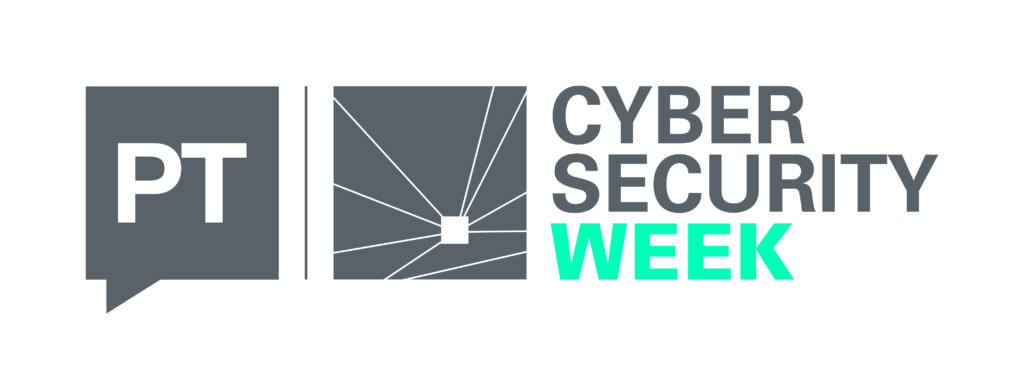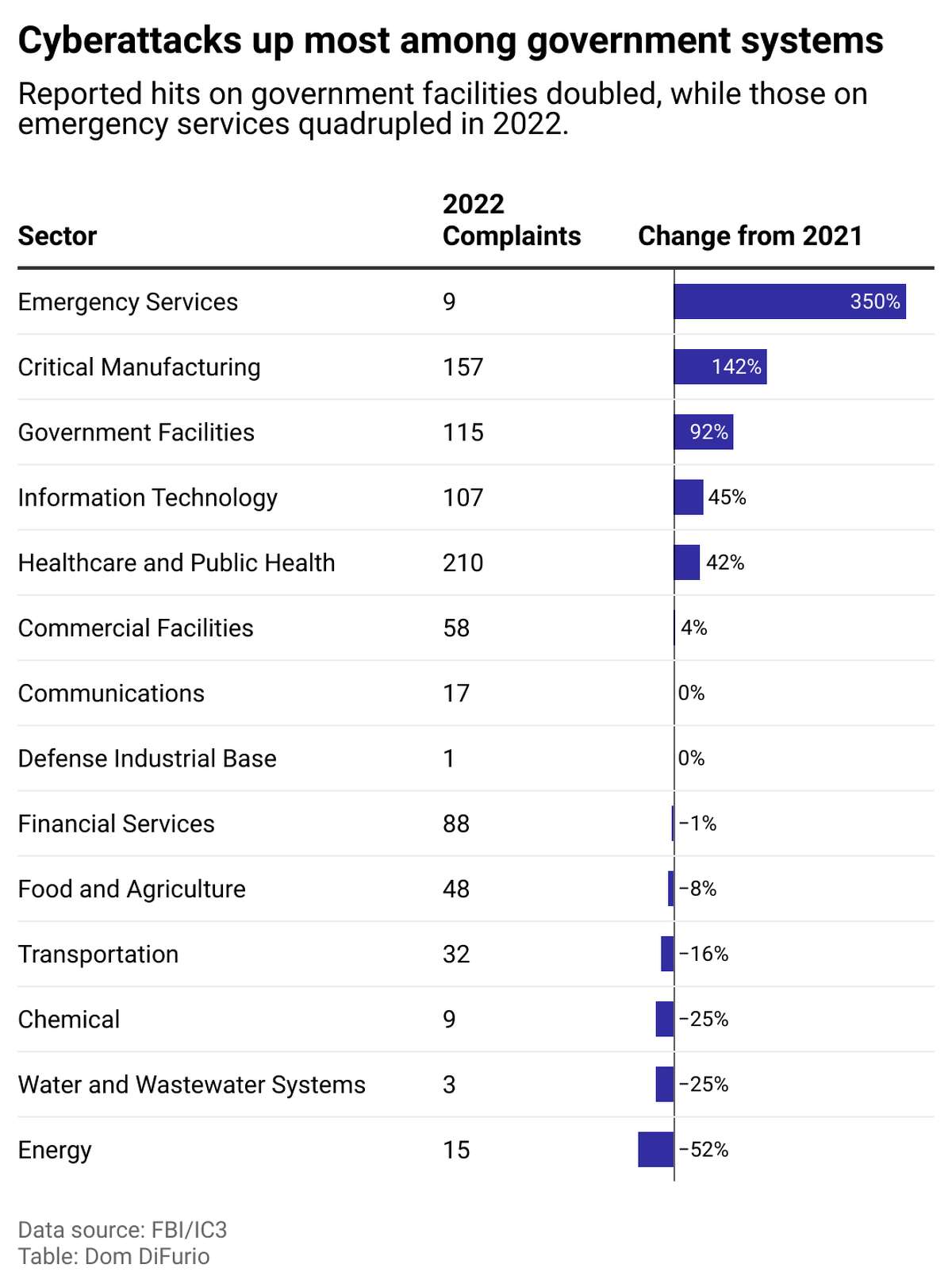Is government’s anti-disinformation unit protecting or persecuting citizens? – PublicTechnology
Government claims the Counter Disinformation Unit – accused of effectively spying on its own citizens – has played a key role in tackling Kremlin narratives, and will be important in election preparations
“The CDU uses publicly available data, including material shared on social media platforms, to develop an understanding of disinformation narratives and trends. It does not, and has never, monitored individuals and all data is anonymised wherever possible.”
This is how the government summarises the work and methods of its Counter Disinformation Unit (CDU). The unit is based in the Department for Science, Innovation and Technology and, in its current form, was “stood up” in the early weeks of the coronavirus crisis in spring 2020, with a remit to tackle false information about the pandemic circulating online.
Others have a different, and darker take on how the CDU goes about its business. Some of the fiercest recent criticism of the unit has come from close to the heart of government itself.
“To the best of our knowledge, the CDU undertakes its work in the absence of effective transparency, oversight, accountability mechanisms or due process,” said a letter sent last month to DSIT secretary Michelle Donelan by David Davis – the MP who formerly served as Brexit secretary and Conservative party chair.
As reported by the Telegraph, the missive, co-signed by Labour MP Bell-Ribeiro Addy and the Green party’s Caroline Lucas, added: “We call on you to suspend the CDU immediately and commission an independent review of its work, in order to ensure that the rights to freedom of expression and privacy are sufficiently protected.”
According to a report published earlier this year by the Daily Mail and campaign group Big Brother Watch, the MPs are just three among many citizens whose online posts have been flagged by government and military disinformation units – despite the posts, in some cases, containing no factual inaccuracies, but merely being critical of government policy.
The MPs’ concerns about the CDU’s lack of transparency, at least, seem difficult to refute. Government has repeatedly failed to provide basic operational…







